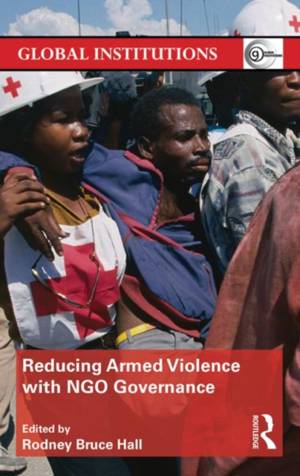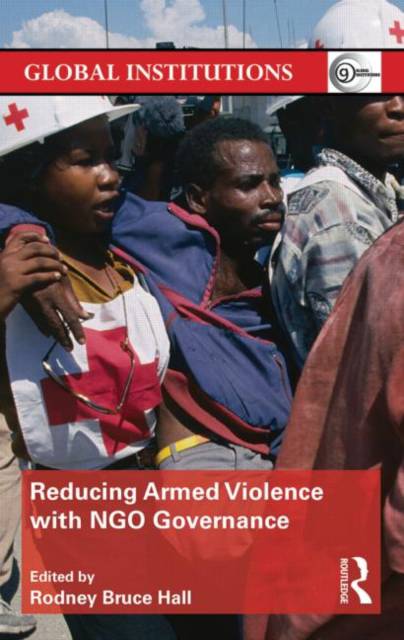
- Retrait gratuit dans votre magasin Club
- 7.000.000 titres dans notre catalogue
- Payer en toute sécurité
- Toujours un magasin près de chez vous
- Retrait gratuit dans votre magasin Club
- 7.000.000 titres dans notre catalogue
- Payer en toute sécurité
- Toujours un magasin près de chez vous
Description
NGOs have proliferated in number and become increasingly influential players in world politics in the past three decades. From the 1970s, with the access of social movements and private NGOs to local and international institutions, NGOs have enjoyed an opening to bring impact global policy debates. Yet NGOs find themselves highly constrained in bringing their material and epistemic resources to bear in the security arena where their activities normally must be authorized by states, or international organizations acting with authority delegated from states. They also find their activities, particularly in the security arena come frequently under attack as lacking accountability or lacking legitimacy, as NGOs are self-appointed private actors, often representing only themselves, they are seen by many as self-appointed meddlers in transnational affairs,
This book provides a comprehensive and accessible analysis whether, or the extent to which, NGOs can contribute as private actors to authoritative governance outcomes in the security realm, and thereby help mitigate armed violence by plugging governance gaps in this arena that state actors, or international governmental organizations (IGOs) either neglect, or can better address with NGO assistance. This book examines the current and future issues surrounding this objective in four sections: (i) a practitioner's perspective of the potentials of conflict governance NGOs, (ii) global civil society and legitimation of conflict governance NGO activities, (iii) conflict governance NGOs as norm entrepreneurs and norm diffusion in global governance (iv) conflict governance NGOs in action.
Spécifications
Parties prenantes
- Auteur(s) :
- Editeur:
Contenu
- Nombre de pages :
- 240
- Langue:
- Anglais
- Collection :
Caractéristiques
- EAN:
- 9780415831321
- Date de parution :
- 04-10-13
- Format:
- Livre relié
- Format numérique:
- Genaaid
- Dimensions :
- 140 mm x 216 mm
- Poids :
- 480 g







